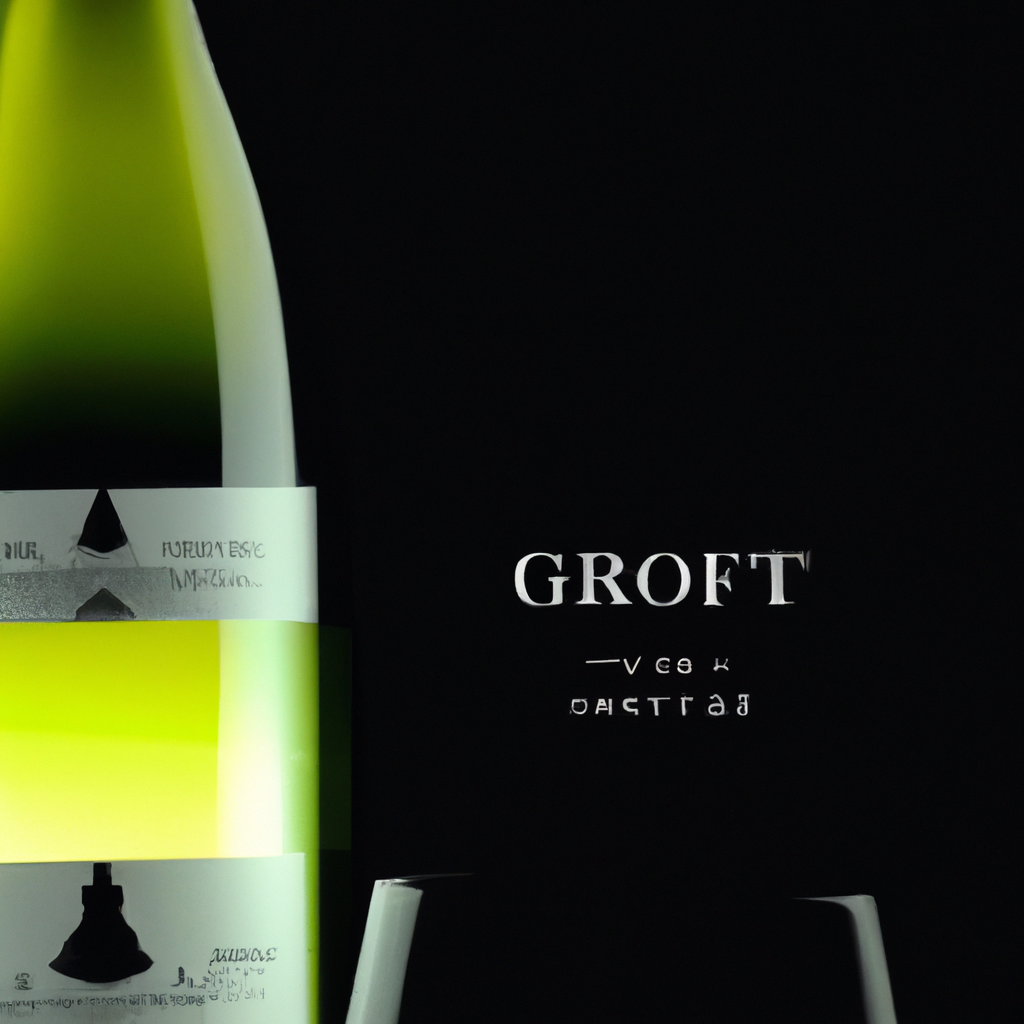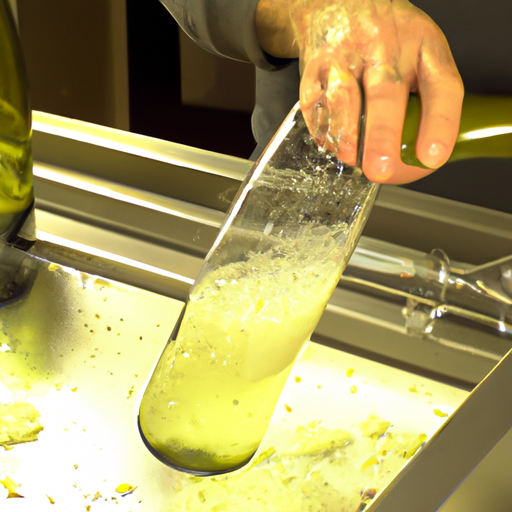The Truth about Clean Wines

-
Article Summary
- The Truth about Clean Wines
- Key Takeaways
- Unveiling the Clean Wine Phenomenon
- What is Clean Wine?
- The Science Behind the Claims
- The Complexity of Wine Production
- FAQ Section
- What is the difference between clean wine and organic wine?
- Are there any health benefits to drinking clean wine?
- Is clean wine more expensive than traditional wine?
- Does clean wine taste different from traditional wine?
- How can I make an informed decision about which wine to buy?
- Conclusion: The Bottom Line on Clean Wines
- Revisiting the Key Takeaways
The Truth about Clean Wines

[youtubomatic_search]
Key Takeaways
- Clean wines are marketed as healthier alternatives to traditional wines, but the term is not regulated.
- Many claims about clean wines are not backed by scientific evidence.
- Wine production, whether traditional or clean, involves a complex process that can impact the final product’s quality and health effects.
- Consumers should be aware of marketing tactics and make informed decisions about their wine choices.
- Drinking wine in moderation is key to reaping potential health benefits.
Unveiling the Clean Wine Phenomenon
The term “clean wine” has gained popularity in recent years, with several brands marketing their products as healthier alternatives to traditional wines. But what does “clean wine” really mean? And is it truly better for you?
What is Clean Wine?
There is no official definition or regulation for the term “clean wine.” Generally, it refers to wines made with minimal intervention, organic or biodynamic grapes, and without additives. Some clean wine producers also claim to test their wines for toxins and allergens.
The Science Behind the Claims
While the idea of a healthier wine is appealing, many of the claims made by clean wine producers are not backed by scientific evidence. For instance, the claim that clean wines cause less of a hangover is not supported by research. The primary cause of hangovers is alcohol itself, and the amount consumed, not the presence of additives or sulfites in wine.
The Complexity of Wine Production
Wine production, whether traditional or clean, involves a complex process that can impact the final product’s quality and health effects. Factors such as the type of grapes used, the fermentation process, and the aging process can all influence a wine’s taste, aroma, and potential health benefits.
FAQ Section
What is the difference between clean wine and organic wine?
While both clean and organic wines are made from organically grown grapes, clean wine producers often claim to go a step further by avoiding additives and testing for toxins. However, these claims are not regulated or universally defined.
Are there any health benefits to drinking clean wine?
While moderate wine consumption has been linked to certain health benefits, these are not exclusive to clean wines. The key to reaping potential health benefits from wine is moderation, regardless of whether the wine is clean or traditional.
Is clean wine more expensive than traditional wine?
Not necessarily. The price of wine can vary widely based on factors such as the quality of the grapes, the production process, and the brand. Some clean wines may be more expensive due to the additional steps taken in their production, but this is not always the case.
Does clean wine taste different from traditional wine?
Taste is subjective and can be influenced by many factors, including personal preference and the specific characteristics of the wine. Some people may prefer the taste of clean wines, while others may not notice a significant difference.
How can I make an informed decision about which wine to buy?
Do your research. Look beyond the marketing claims and consider factors such as the type of grapes used, the production process, and the reputation of the brand. And remember, the most important thing is to choose a wine that you enjoy and can drink in moderation.
Conclusion: The Bottom Line on Clean Wines
The term “clean wine” is a marketing tool that is not regulated or universally defined. While the idea of a healthier wine is appealing, many of the claims made by clean wine producers are not backed by scientific evidence. Wine production, whether traditional or clean, involves a complex process that can impact the final product’s quality and health effects. Consumers should be aware of these factors and make informed decisions about their wine choices. Ultimately, the key to reaping potential health benefits from wine is moderation.
Revisiting the Key Takeaways
- The term “clean wine” is not regulated and can mean different things to different producers.
- Many claims about clean wines are not backed by scientific evidence.
- The production process can significantly impact a wine’s quality and health effects, regardless of whether it is labeled as clean or traditional.
- Consumers should look beyond marketing claims and make informed decisions about their wine choices.
- Moderate wine consumption is key to reaping potential health benefits.
[youtubomatic_search]



